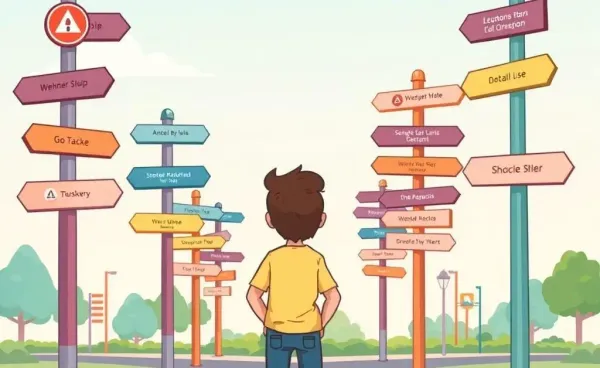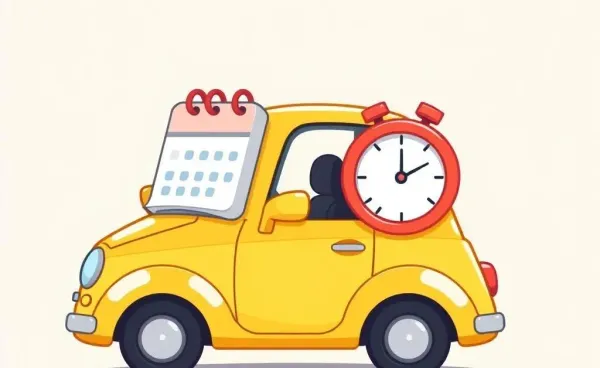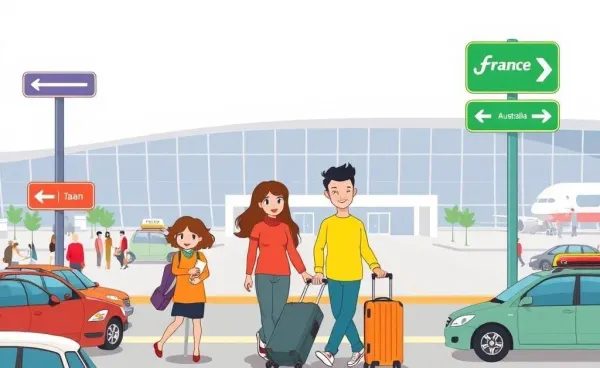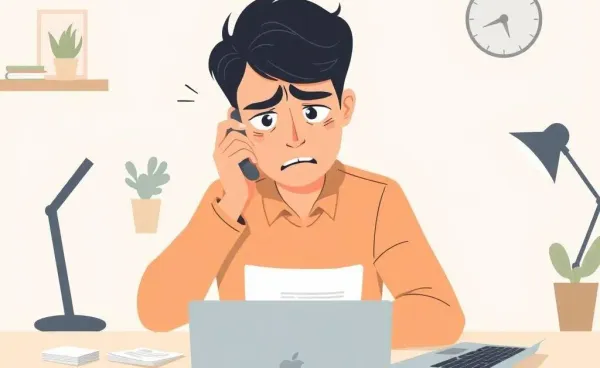What To Do If You’re Rear-ended and The Other Driver Begs You Not to Call Insurance
Learn the steps to take if you're rear-ended and the other driver asks you not to call insurance.
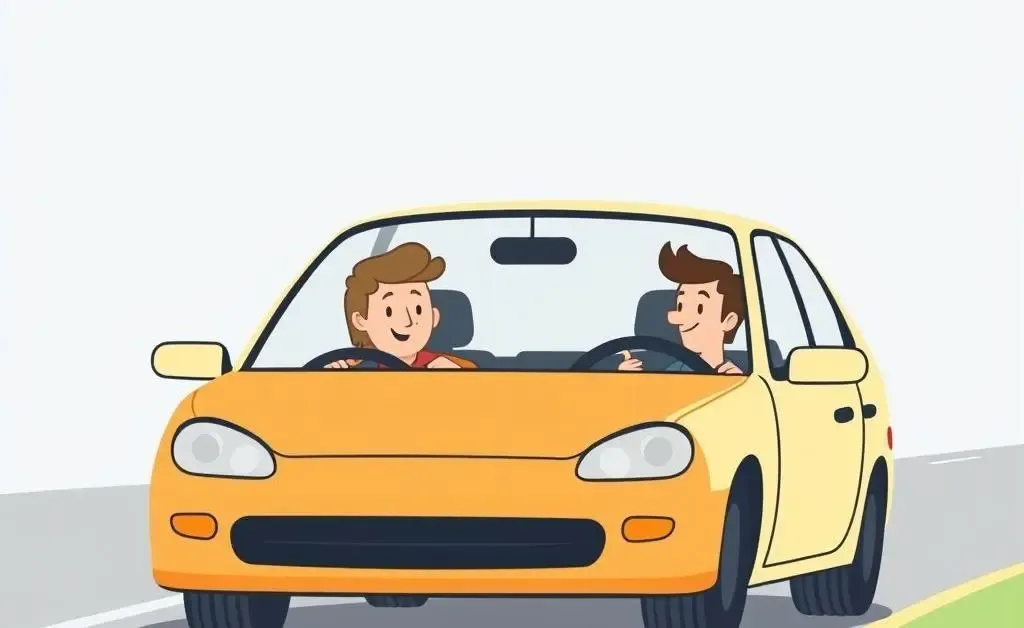
Ever been in a situation where someone rear-ended your car and then, with a desperate look in their eyes, asked you not to call your insurance company? It sounds awkward, but it’s a scenario more common than you’d think. Let’s dive into what you should do if you find yourself in this position, so you can protect yourself and your rights effectively.
Handling the Immediate Aftermath
So, you’ve been rear-ended, and your heart’s pounding. First, take a deep breath and check for injuries. Safety is always the priority. Once you’ve ensured everyone’s okay, it’s time to follow these steps:
- Move your vehicle to a safe location if possible;
- Turn on hazard lights to alert other drivers;
- Call the police, especially if there are injuries or significant damage;
- Exchange information with the other driver – get their name, contact info, insurance details, and license plate number.
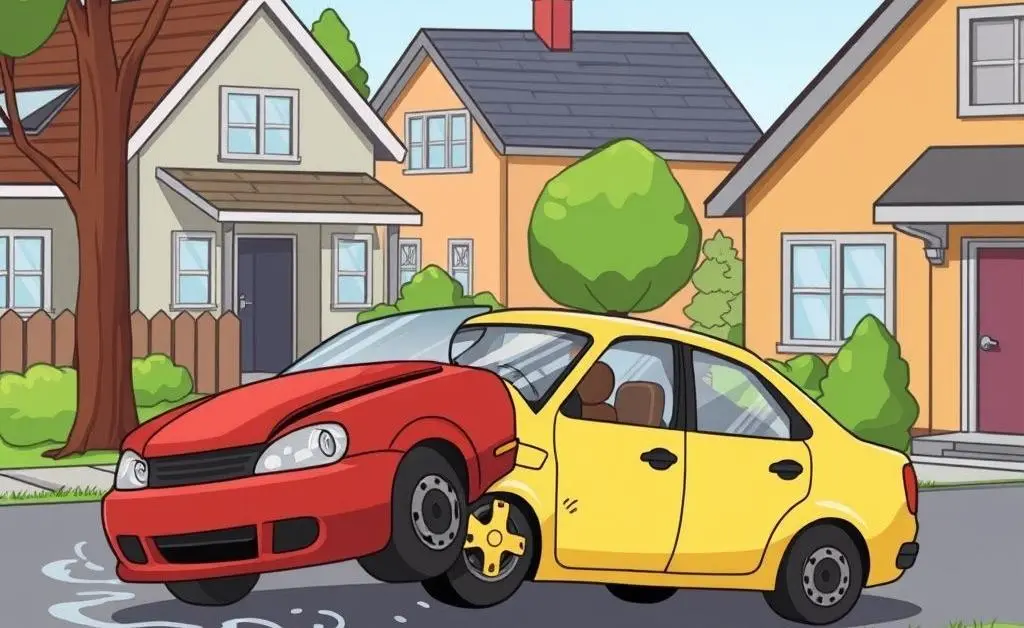
Why You Shouldn’t Skip The Insurance Call
Now comes the tricky part – the other driver might plead with you not to involve insurance. They might even promise to pay for repairs themselves. However, this is rarely a good idea. Here’s why making that call is important:
- Your insurance policy probably requires you to report the accident regardless of fault;
- There could be hidden damage to your vehicle that isn't immediately obvious;
- If injuries arise later, having an official report and insurance backing can be crucial;
- The other driver might change their story later – having official documentation protects you.
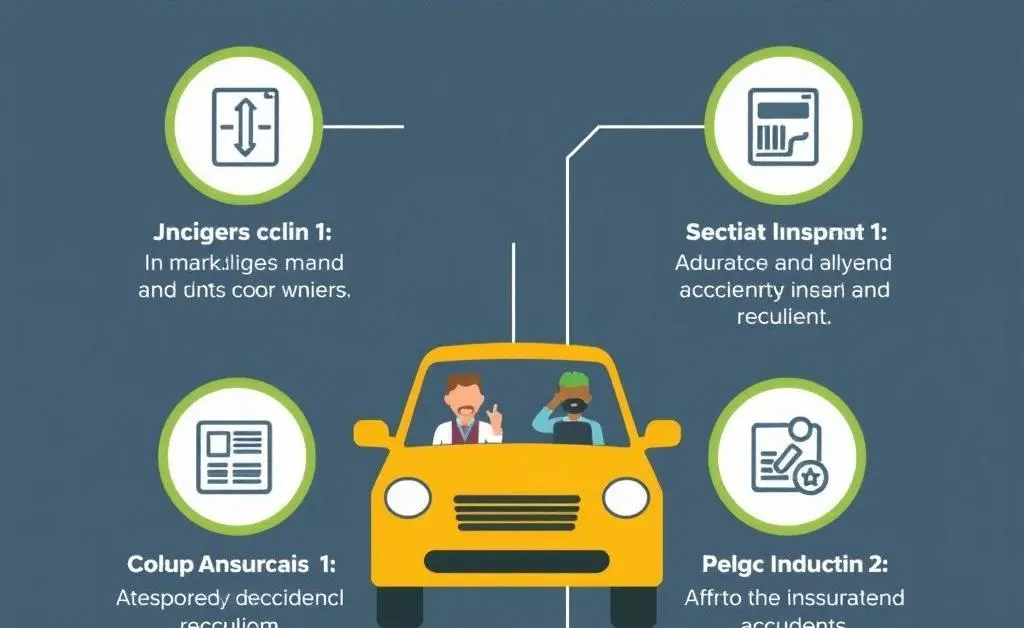
The Cost of Not Reporting an Accident
Say you agree not to call, and later, they refuse to pay or ghost you entirely. Now you’re left with repair costs and possibly higher insurance premiums if you delay reporting. While the upfront hassle of dealing with insurance is real, it’s a safer bet long-term.
Walking Through a Fictional Scenario
Let’s imagine you're driving home from the grocery store, minding your own business, when – thud! – a car taps your bumper at a stop sign. The driver, let’s call him Dave, hops out, waving his hands, “Please, don’t call your insurance! I’m so sorry, I’ll pay!” You think, “Well, maybe this could be simpler?” But later that night, your back twinges with pain, and you discover it’s a thousand-dollar fix under the hood. Aren’t you glad you called?
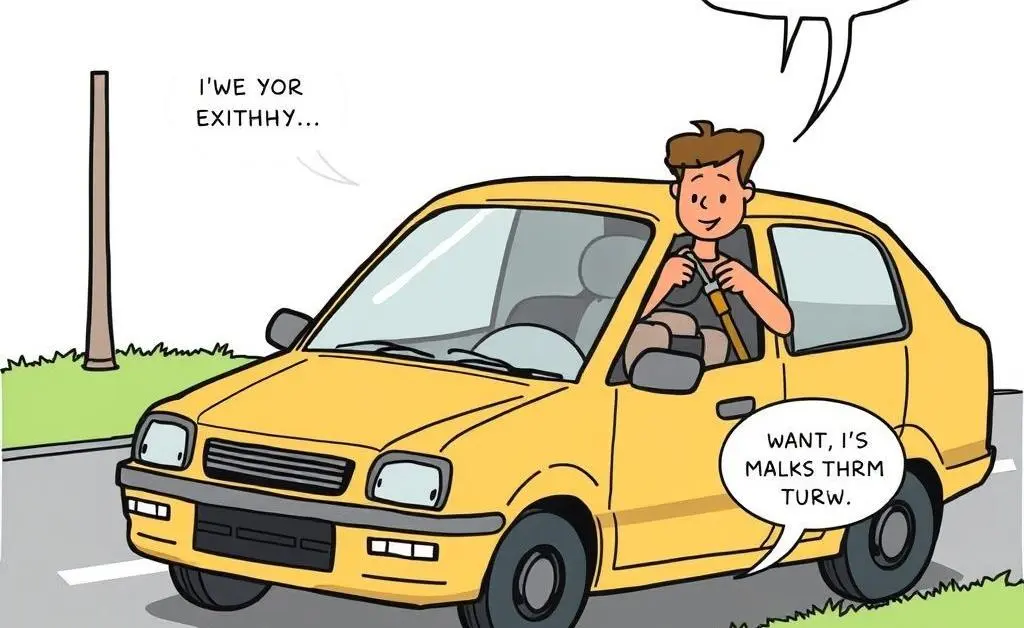
In the chaos of an accident moment, the pressure to make quick decisions is high. Keep your cool, prioritize safety, and follow up with insurance no matter what the other party says.
Conclusion: Always Protect Yourself
In the end, protecting yourself means following the right steps post-accident, even if it’s awkward. So, if you ever find yourself in a situation like this, remember: report the incident, document everything, and let insurance do what they do best. Have you ever experienced being in a tight spot like this? What was your approach?

